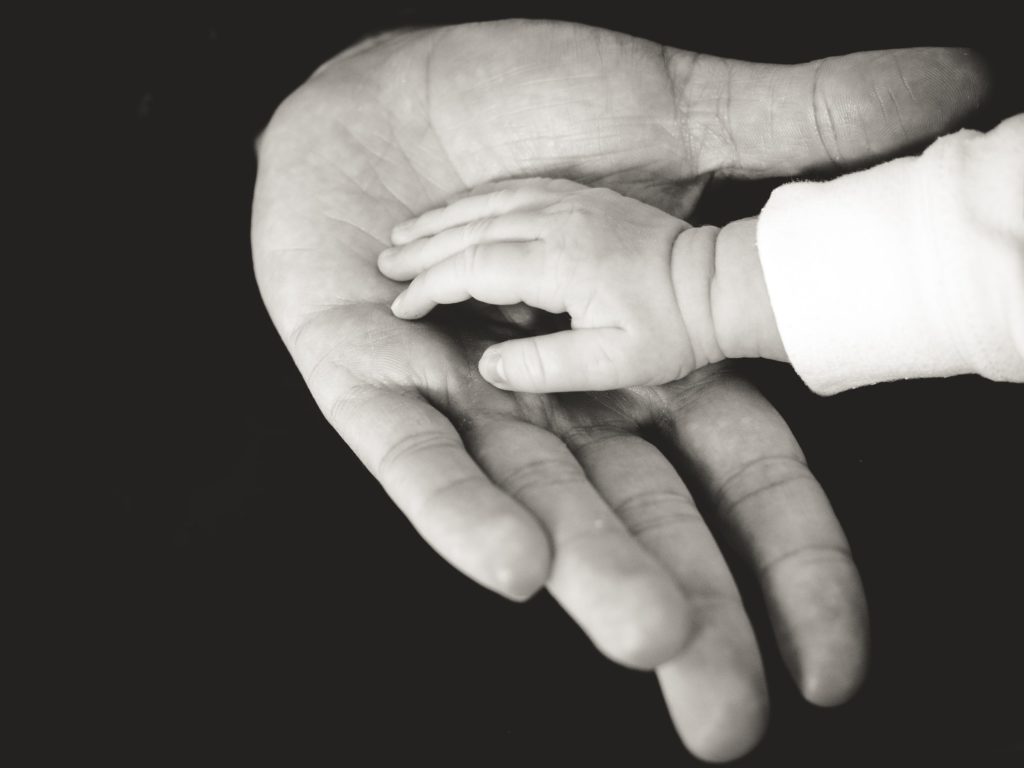
Published September 2, 2021
The seemingly unthinkable has happened in the Republic of Texas: Abortion is effectively outlawed, and Roe v. Wade severely defanged. That is a sentence I could not fathom writing a mere few months ago. But national elections have real consequences, and the current composition of the Supreme Court may be signaling that it intends to throw a wrench at the abortion industry’s unchecked hold over our society.
In a late-night 5-4 decision, the Supreme Court has refused to intervene and block a peculiar Texas law, SB 8, from taking effect. I am not a lawyer. I am a Christian ethicist, so I will not deny that this law has legal technicalities above my pay grade to assess expertly. The law purports to ban abortion once a heartbeat is detected (around the sixth week) and holds certain individuals personally liable for performing or aiding and abetting an abortion. In effect, private citizens can sue abortionists for performing an abortion and sue those persons who aid in the procurement of an abortion. Interestingly, the law does not allow a cause of action against the woman who procures the abortion. The bill also provides exemptions for medical emergencies. The bill does not ban abortion prior to detecting a fetal heartbeat, so it still technically allows for the termination of a pregnancy. But since that happens so early in a pregnancy, the law is a monumental step in the right direction of enacting justice.
What I can comment on, however, are the moral components behind the bill’s intent and what this bill’s enforcement means for the calling of government and our local churches.
The bill reflects a fundamental truth of human existence: Life is good and worthy of legal recognition and legal protection. This truth reflects what ought to be a clear implication of our Declaration and our Constitution—that abortion is unconstitutional. In this, the bill parallels with the most basic fact of our biblical confession: God is the Creator and Author of life (Gen. 1:1; Acts 3:15). Life and death are in his hands, not ours (Job 12:10). He creates all human beings in his image, which is the basis for our understanding that all humans possess intrinsic and inviolable dignity and equality (Genesis 1:27). Personhood is therefore not a mysterious category arbitrarily bestowed by a threshold of consciousness but from the moment of conception. In no uncertain terms, this means that abortion is an unthinkable act of violence inflicted upon innocent, defenseless image-bearers. The moral tragedy of abortion is hard to put into words, so SB 8 purports to rectify a grave injustice.
That is what the regime of Roe v. Wade has wrought. It tests the boundaries of our social compact by almost singularly defining our political landscape over the last fifty years. At stake is the central question: Does government, of any form, have the power to murder innocent life? The answer is unequivocally “no,” which means our government has acted heinously, unjustly, and unlawfully for almost fifty years before the Court that ultimately matters—God’s Court (Ps. 65:4). In its wake is the death of an estimated sixty million persons. It is near impossible to comprehend a sum of that figure.
Abortion is an assault on God’s holiness, a violation of Scriptural authority, and a terrible precedent for political justice and public ethics. It also violates the natural law, which God decrees as the moral order for establishing just law. Like Martin Luther King, Jr. said in his Letter from a Birmingham Jail, “A just law is a man-made code that squares with the moral law or the law of God. An unjust law is a code that is out of harmony with the moral law […] Any law that uplifts human personality is just. Any law that degrades human personality is unjust.” Abortion is nothing else but an unjust law in that its intention and result is to degrade and extinguish human personality unquestionably. Enter Texas.
It is popular to insist that “morality cannot be legislated.” Those who insist that morality cannot be legislated only mean so when the legislation in question threatens their favored morality. No one lives consistently by this maxim. Let us once and for all do away with this tired, errant maxim. Let us put it into the dustbin of history and recognize that the responsible use of political power can result in positive good and pushback against the culture of death. All legislation reflects some moral universe. The only question is, whose? Our God is a God of justice and righteousness, so we must insist that human law reflect eternal law (Psalm 89:14).
The world has speculated what a post-Roe world would entail. Because of Texas, we’re about to get a view in real-time. Pastors, it’s up to you to help paint a vision of that world in our local congregations. That means the pro-life rhetoric that Christians have rightly touted must be enfleshed with the incarnational love of Jesus Christ. We must give material aid and support to abortion-vulnerable women. The only way to deny the culture of death’s fearmongering is to demonstrate with tangible action that Christians will let no vulnerable women or unwanted children go unloved. We must, as the phrase popularly goes, “make abortion unthinkable.”
The readiness of the church to care for women is a vital externality, but one not essential to the basic integrity of the law’s purpose. At stake is whether the law will uphold life or make it optional. But if we do not show up when our fellow citizens need us most, if we do not commit ourselves to the common good, if we are not serious in our belief that every child is loved and wanted, what then is our pro-life witness? A hollow promise, that is what.
Andrew T. Walker is An Associate Professor of Christian Ethics at The Southern Baptist Theological Seminary and a Fellow with The Ethics and Public Policy Center.
EPPC Fellow Andrew T. Walker, Ph.D., researches and writes about the intersection of Christian ethics, public theology, and the moral principles that support civil society and sound government. A sought-after speaker and cultural commentator, Dr. Walker’s academic research interests and areas of expertise include natural law, human dignity, family stability, social conservatism, and church-state studies. The author or editor of more than ten books, he is passionate about helping Christians understand the moral demands of the gospel and their contributions to human flourishing and the common good. His most recent book, out in May 2021 from Brazos Press, is titled Liberty for All: Defending Everyone’s Religious Freedom in a Secular Age.










